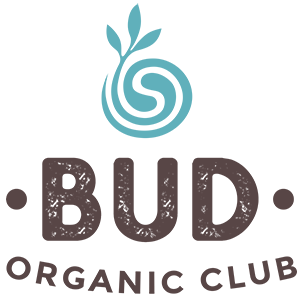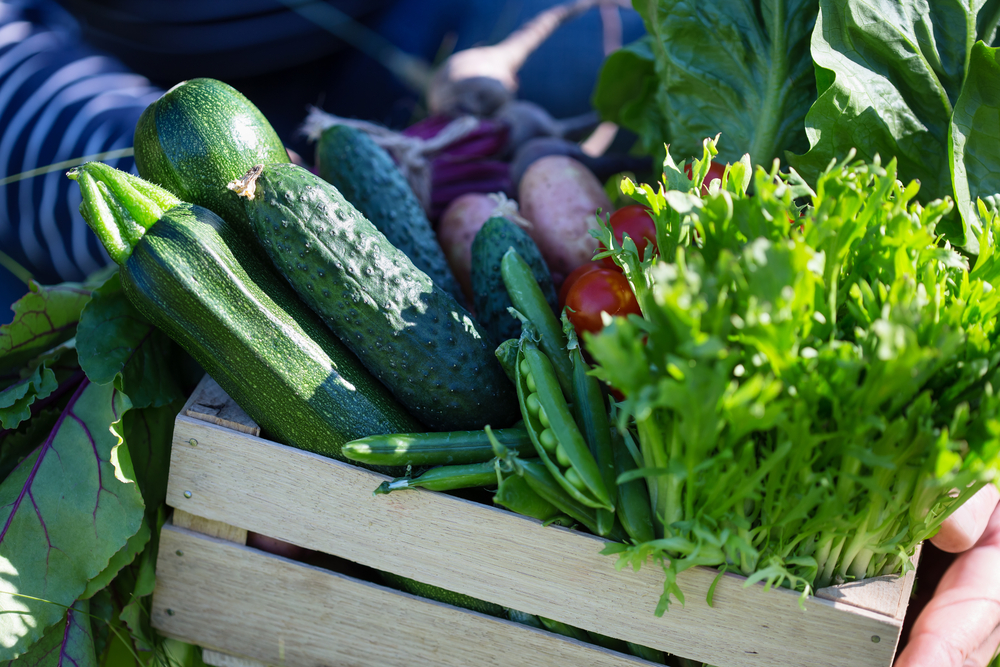To become Certified Organic, a brand or business must go through a certification process to make sure they comply with an ‘organic standard’.
Organic standards are sets of requirements that describe what practices or procedures are used for the final product to be considered certified organic. Typically, organic standards address various aspects of organic production, e.g. soil management; crop and animal production; processing and handling; and packaging and labelling requirements.
While the term ‘certified organic’ generally means the same around the world, countries might have organic standards that are adapted and adjusted to better suit their local climate, landscape, or traditional production methods.
Where slight differences exist between standards, countries may negotiate ‘equivalence agreements’ to allow the trade of organic products on a mutual basis. They agree to disagree on minor issues, as long as they agree on the higher level organic principles and aims.
Organic Standards in Australia
Australia’s baseline organic standard is the National Standard for Organic and Bio-Dynamic Produce, as published by the Department of Agriculture, Water and the Environment (DAWE). Brands or businesses can be certified to this standard alone, and can additionally be certified to private standards, or overseas standards for additional market access or recognition.
Owned and licensed by industry peak body Australian Organic Ltd, the Australian Certified Organic Standard (also known as the ACOS) is one of the most respected and rigorous organic standards in the world. Aligned with the National Standard, the ACOS includes more detail in various sections to make requirements clearer for operators. Similarly, it has well developed chapters on some product types for which the National Standard is yet to include, and can also provide additional market access, such as wine and livestock products to Europe, or processed products to Japan, which the National Standard does not provide.
In Australia there are currently six Department of Agriculture, Water and the Environment (DAWE) approved Certification Bodies (CBs). These CBs are authorised by Government to certify organic products for export, and also provide certification of operators and products for the domestic market. You can find the most up to date list on the DAWE website here.
Most CBs have their own logos, which they license to certified operators to use on their products. To simplify recognition of organic products in the marketplace, the AOL “Bud” logo is now available via certification by ACO Certification Ltd and AUS-QUAL Pty Ltd. The Bud guarantees the integrity of organic products in the marketplace for consumers.
How does certification work?
For a product to be labelled ‘certified organic’ it must go through a rigorous certification process at every part of the supply chain to ensure it meets organic standard requirements – from the farm and the sourcing the ingredients, to manufacturing and processing, all the way through to getting into stores.
Every certified organic farm, food manufacturer, processor, wholesaler and retailer that handles or modifies the product in any way must comply and agree to a thorough inspection at least once per year (as well as spot checks from time to time). They must have robust systems in place and paperwork to prove that standards are being met.
Once organic farms and companies are certified and pass initial compliance, they are issued with a certificate. The awarded status can be ‘Organic’ or ‘In Conversion’ (which indicates they are in the process of converting to organic), and includes a list of what land, products, ingredients or processes have been certified. This certificate acts like a passport to prove the organic status of their goods. They are then permitted to use their certification bodies’ logo (like the Bud logo) with their own certification number attached after having their labels approved by their certification body.
When organic products are exported from Australia they not only have to be accompanied by an organic produce certificate (also known as an OPC), they are also required to provide any documentation to meet the requirements of the importing country. This verifies the methods the product has undergone meets the standard.
What certification marks should I look out for?
There are six reputable Australian organic logos, and many others from around the world. The USA and EU have achieved some consistency in their markets – so you may also see the USDA or EU organic logos, especially on imported products.
In Australia, the most recognised and most trusted organic logo is the “Bud”. If you’re ever unsure if a product is certified, or if there is a logo you don’t recognise, always be sure to check with your retailer or manufacturer.

